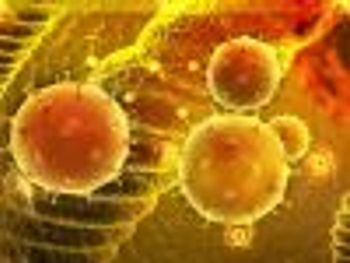
CAR T-cell therapy shows significant progress towards a cure for multiple myeloma.

CAR T-cell therapy shows significant progress towards a cure for multiple myeloma.

New findings show that becoming pregnant after breast cancer does not increase the risk of disease recurrence.
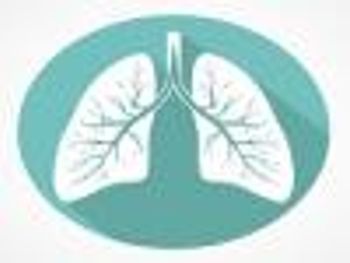
Alecensa is a kinase inhibitor for the treatment of ALK-positive, metastatic non-small cell lung cancer.

Advances in treatment and care improved the 5-year survival rate after diagnosis by 26%.

Cancer treatment also reduced the rates of severe bone complications by more than half.
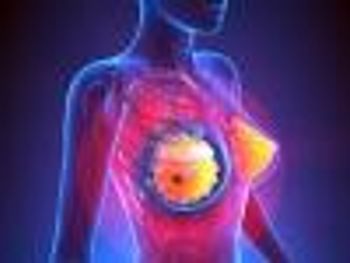
Pertuzumab-based regimen found to reduce the risk of invasive breast cancer recurrence by 19%.
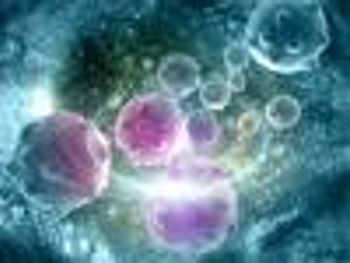
Analogs of epothilones were even effective against a drug-resistant cancer cell line.
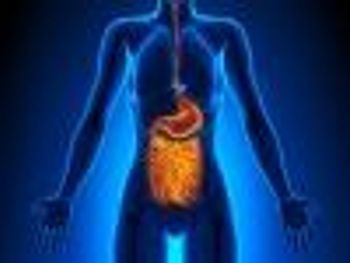
Genomic approach increases understanding of cancer.

Compound in olive oil inhibits disease activity of certain proteins.

Sequence of drug administration is crucial to the success of combination treatments for cancer using cannabinoids.
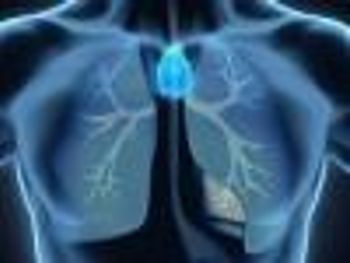
The FDA recommends a 200-mg dose of pembrolizumab every 3 weeks, but researchers disagree.

Taking steps to improve customer satisfaction may increase oncology revenue for manufacturers.
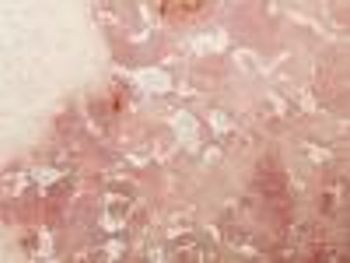
Agents fight cancer by temporarily loosening DNA, increasing the expression of tumor suppressors, and making the tumor more vulnerable.
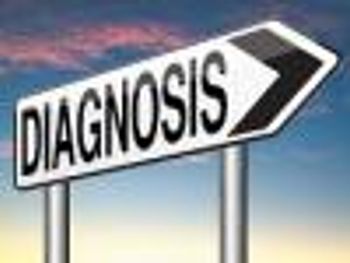
Top news of the day from across the health care landscape.
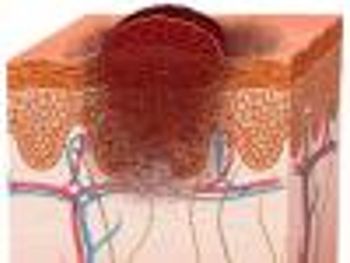
Method could help provide more personalized treatments for patients with skin cancer.

Tests provide little to no benefit and can increase a breast cancer patient’s financial burden.

Sharing cancer data can save lives.

Top news of the day from across the health care landscape.

Time to treatment initiation of cancer treatment increased between 2004 and 2013 from 21 days to 29 days, respectively.

Collaboration between Novartis and IBM Watson Health integrates real-world data and analytical techniques on breast cancer outcomes.

Noavrtis teams with IBM Watson supercomputer to advance insights into breast cancer treatment.

Up to 50% of patients with HER2-positive breast cancer treated with targeted therapies develop brain metastases.
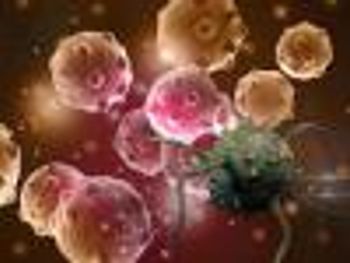
An experimental drug reactivated an enzyme to elicit tumor suppression.
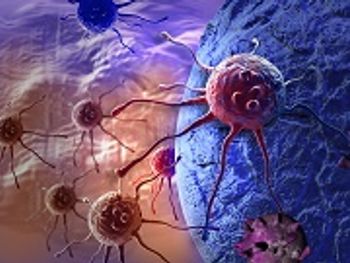
Targeting PP2A enzyme shows promise treating lung cancer.
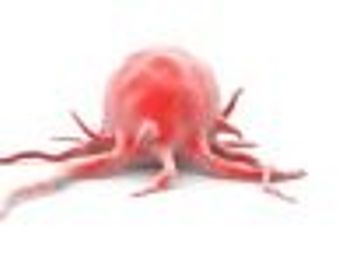
Continuous low-dose cisplatin through an implantable device could be a therapeutic option in for patients with ovarian cancer.

Top news of the day from across the health care landscape.

Top news of the week in oncology and cancer drug development.

As chemotherapy resistance builds, cancer cells develop a new Achilles’ heel.
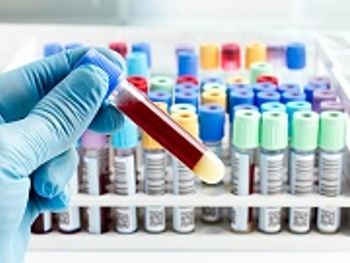
Copies of the androgen receptor gene could indicate response to standard prostate cancer drugs.
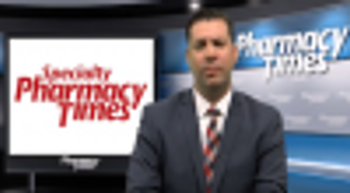
A look at last weeks top stories in the world of pharmacy.